Pillows, purses, pairs of leggings: The bizarre ways smugglers try and fail to import drugs into Australia
Australia’s drug epidemic has seen a rush of smugglers locked up for decades, for various attempts to sneak narcotics into the country — in purses, pillows, car parts, and even pairs of leggings.
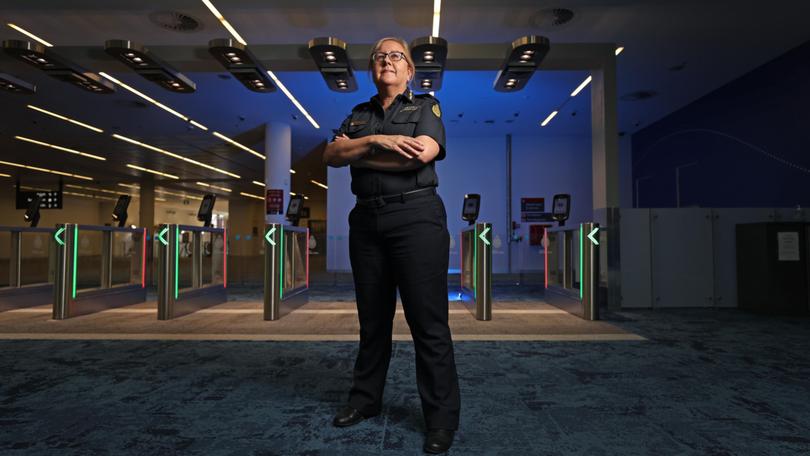
Australia’s drug epidemic has seen a rush of smugglers locked up for decades, for various attempts to sneak narcotics into the country — in purses, pillows, car parts, and even pairs of leggings.
As revealed last week, the latest national drug consumption report showed WA had the highest average regional consumption of meth in Australia.
WA’s meth consumption rate has surged 40 per cent — the biggest increase in the country — while more than 1.3 tonnes of the drug was consumed in WA in 2022-23, up from 944kg the previous year.
Sign up to The Nightly's newsletters.
Get the first look at the digital newspaper, curated daily stories and breaking headlines delivered to your inbox.
By continuing you agree to our Terms and Privacy Policy.The Nightly can reveal since December, Federal prosecutors fighting the scourge have locked up 11 men for a total of 86 years for their roles in seven different drug trafficking and distribution plots.
The convicted, aged between 23 and 55, were jailed for either possessing or attempting to possess methamphetamine or cocaine with a combined total weight of 117kg.
Ten of the 11 men were convicted of attempting to possess imported drugs, with the illicit substances smuggled into Australia in purses, vehicle parts, pillows, leggings, and a board game.
Earlier this month Robin Fraser Lancaster, 55, copped a four years, 10 months jail term for trying to smuggle 343g of meth — contained in a larger 4kg batch of white crystals — which were hidden inside a package labelled as a part for a Jaguar F-Pace car.
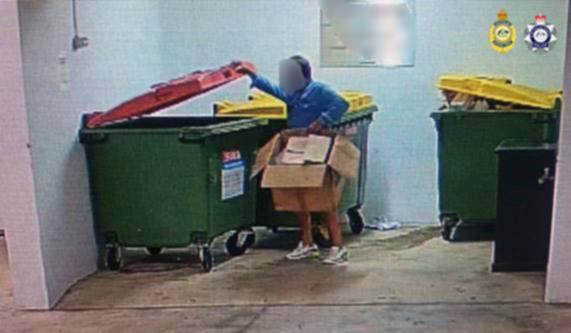
It had been shipped from Luton in the UK to Rockingham.
And it was one of the packages that Lancaster had been told to collect, in return for a three-month all-expenses paid trip to WA.
But it had been intercepted by the AFP at the airport, and then closely watched on its delivery trail.
That trail led to Lancaster, who was snapped dumping the packaging. He was then nabbed with the crystals, with his passport nearby.
“If something sounds too good to be true, it’s too good to be true, but in any event, I’m going to sentence you on the basis that you didn’t ask any questions,” Judge Karen Shepherd said during his sentencing hearing.
“Illicit drugs generally cause or materially contribute to a very significant proportion of criminal offences that are committed in Australia.
“And significant public resources are devoted to the difficult task of detecting and apprehending people involved in the importation and attempted possession of drugs that have been unlawfully imported.”
Lancaster was the latest in a string of convictions secured by Federal police and prosecutors.
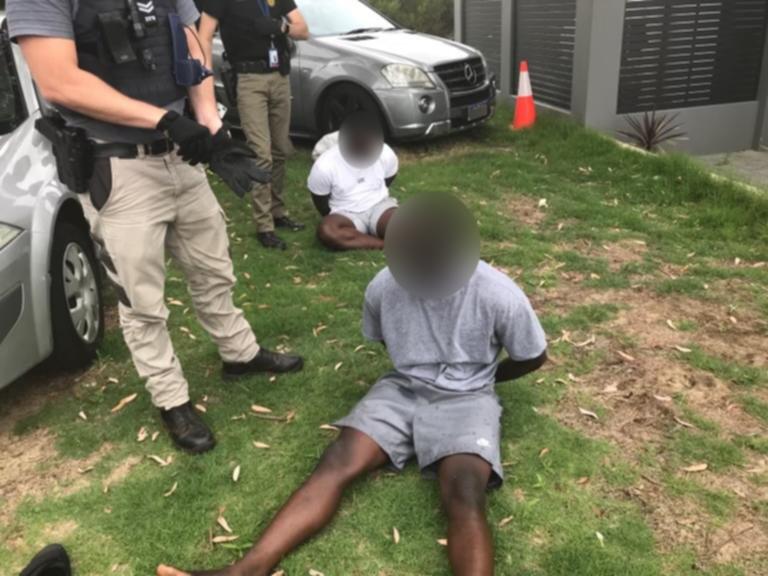
In February, Nicholas Anane was jailed for three years for attempting to possess 484g of methamphetamine imported to Perth inside vehicle parts from Malawi, Africa.
Last December, another man, aged 40, was sentenced to eight years imprisonment for possessing 3kg of methamphetamine in his backpack at Rivervale.
In the same month, another man, aged 31, was jailed for four years for attempting to possess 2.87kg of cocaine imported to WA inside purses from the UK.
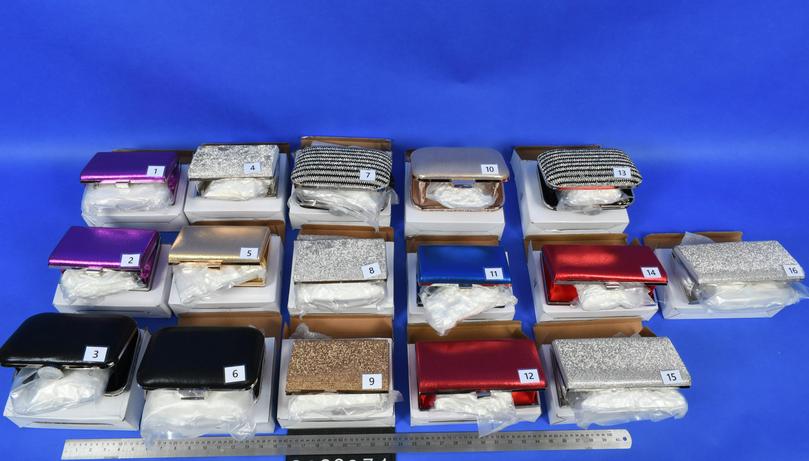
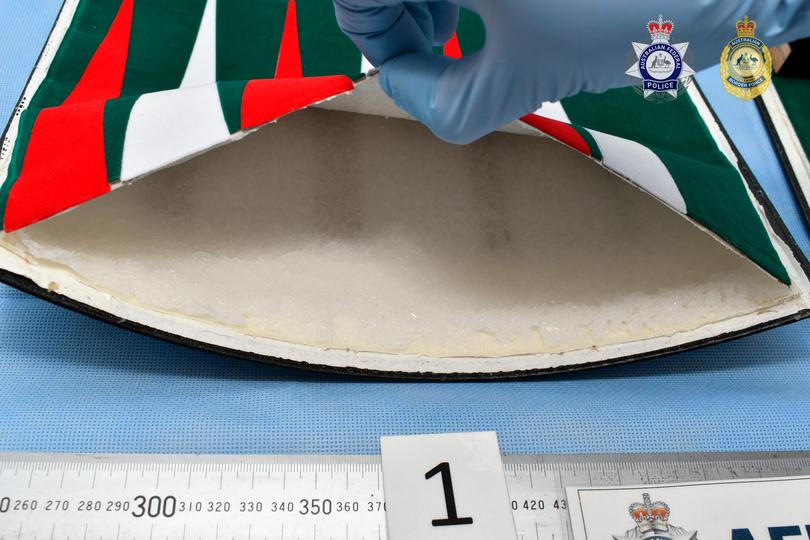
Days earlier, in the same Perth District Court, another man, aged 26, was sentenced to five years prison for attempting to possess 6.8kg of methamphetamine imported to WA inside leggings from Pakistan.
And in the same week, three men — aged 23, 25 and 27 — were sentenced to eight years, seven years, and seven years in prison respectively, for trying to bring almost 991.6g of methamphetamine into Perth hidden inside a backgammon set sent from Germany.
The biggest bust of the batch was the jailing of a trio of Perth men — including the grandson of controversial late former WA police minister and Premier Ray O’Connor — over a foiled plot to smuggle $159 million worth of meth from Thailand to Australia inside latex pillows.
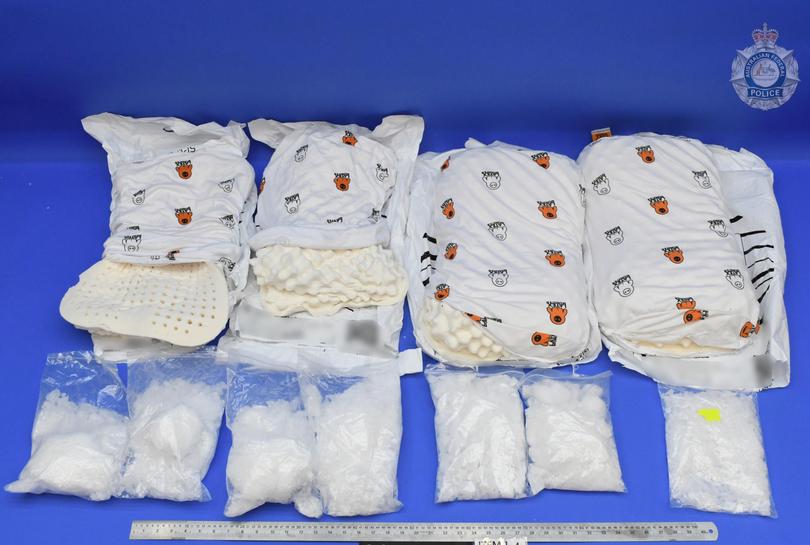

Police pounced on Reece Raymond Neil O’Connor, 33, and his co-accused Joseph Davids, 34, and Darren Fletcher, 36, in December 2021, after Australian Border Force officers at Fremantle Port intercepted 99kg of methamphetamine that had been hidden inside a suspicious consignment of latex pillows weighing more than half a tonne.
O’Connor and Davids were sentenced to 13 years and six months in prison, and Fletcher was jailed for 13 years and one month.
“While many airmail or air cargo detections by the Australian Border Force might contain a relatively small amount of illicit substances — anywhere from 5g to several kilograms — combined, they equate to millions of individual street deals that cause significant community harm,” AFP Commander Graeme Marshall said.
“Illicit drug use not only affects users and their families, but it also fuels associated crime, road crashes places a significant burden on the health system, and negatively impacts the economy.
“We know organised crime groups use the mail and parcel post system to import illicit drugs in combination with their other supply chains, and we actively target it.
“Every detection and seizure of illicit drugs, no matter the size or scale, protects our community from further drug-related harm.”
The AFP also uses proceeds of crime laws to target drug traffickers and ensure when they’re released from prison, they cannot enjoy their illegal wealth.
In February, convicted Perth drug trafficker Dinh Thai Lam consented to the forfeiture of $407,780 and an Audi S3 to the Commonwealth as proceeds of crime, as a result of an AFP-led Criminal Assets Confiscation Taskforce investigation.
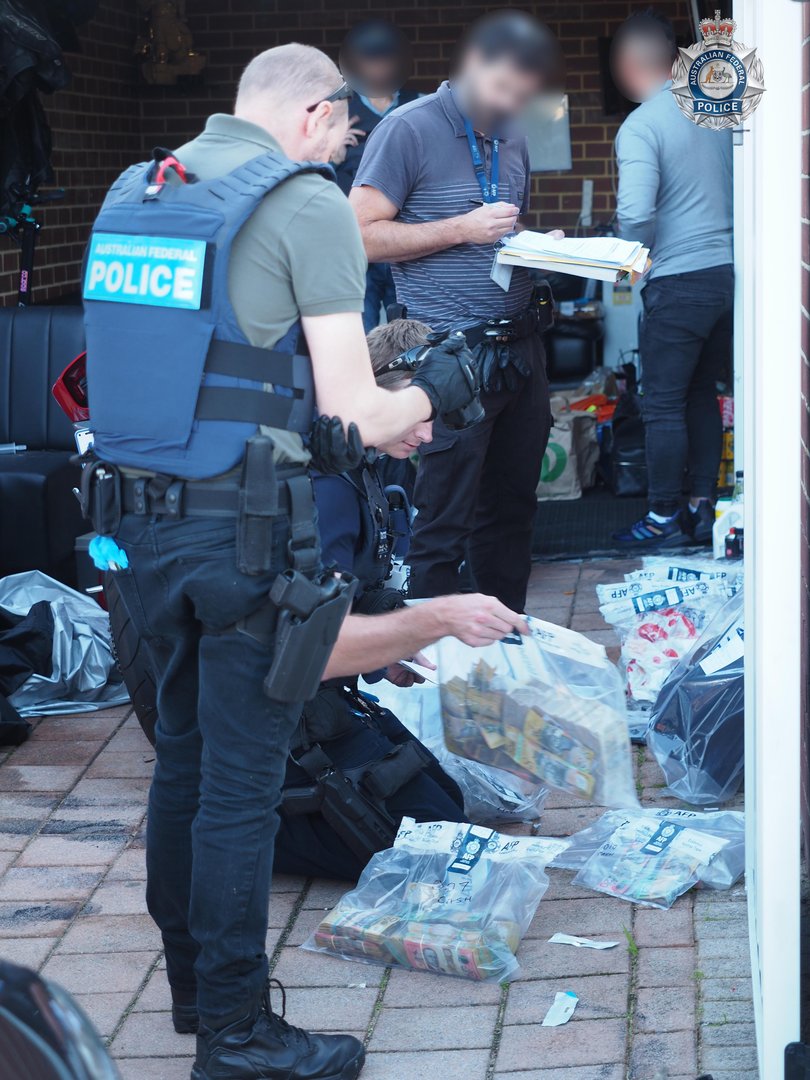
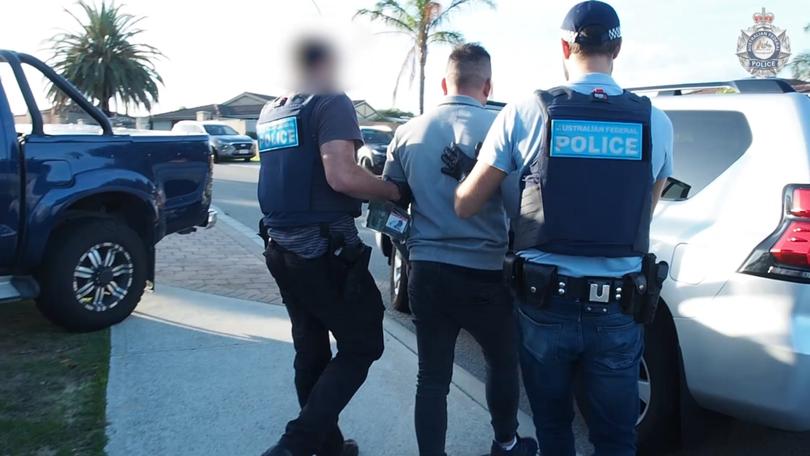
He is also serving a 14-year jail term after being caught with an Aladdin’s Cave of drugs and money in his possession while on bail for possession of more drugs and a gun.
ABF Acting Commander Vesna Gavranich said regardless of the size of the illicit drug consignment or the method criminals used to conceal them, ABF officers were highly skilled at their detection.
“ABF officers at the Australian border are our first line of defence against criminals who seek profits at the expense of our community’s safety,” Acting Commander Gavranich said.
“We will continue to work closely with our law enforcement partners to ensure criminals like these are prosecuted to the fullest extent, at every opportunity.”
*Source: Australian Institute of Health and Welfare report
Originally published on The Nightly
